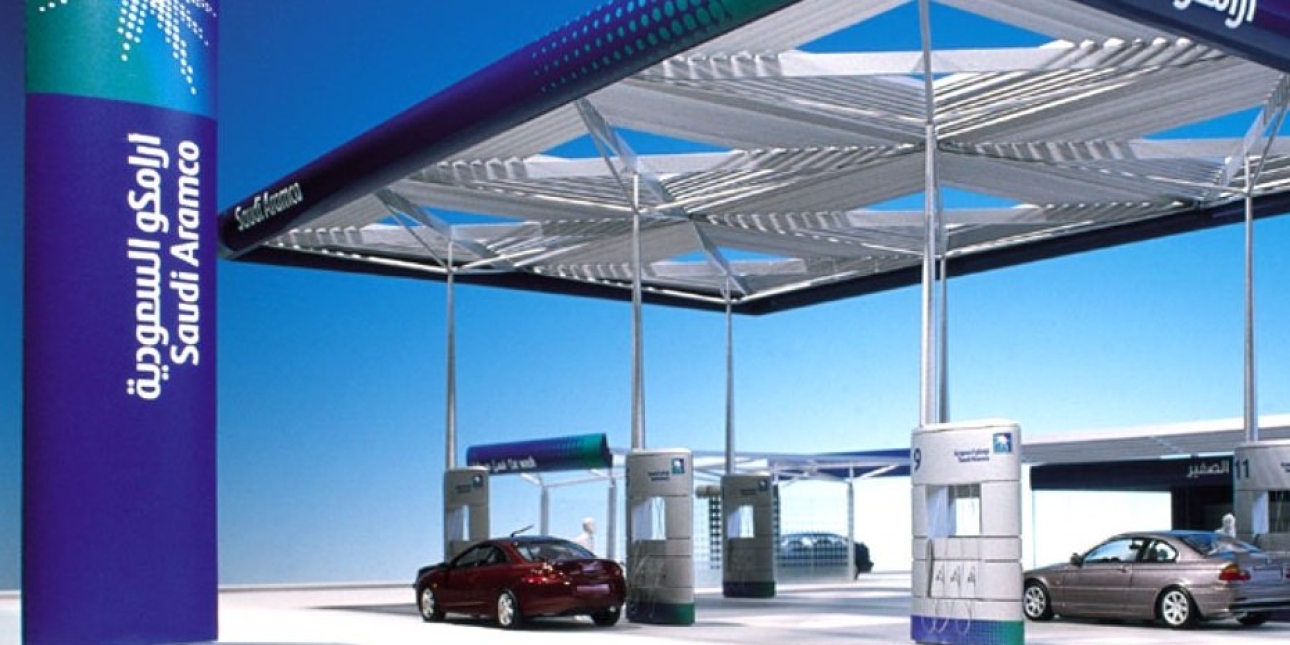PUBLIC RELATIONS
Sunday 17th November 2019
Rebranding for ‘soft power’ – examples from the Gulf
A slew of governments and government-owned assets are launching brand campaigns. At the beginning of the month, the UAE government announced that it’d be launching a national competition to create the first brand entity for the UAE – seven Emirati artists from each of the country’s seven emirates would work to design a logo and slogan to market the country in campaigns abroad.
According to The National newspaper, “Once unveiled [the new brand] will be used widely by government departments and in marketing and adverts.”
The aim of the UAE brand is to reflect a truly Emirati character abroad, which will be based on four values. These valies are ‘giving’, ‘tolerance and openness’, ‘credibility’ and the ‘leadership values’ of the country’s founding fathers.
The second brand launch of note was by the Abu Dhabi National Oil Company, better known as ADNOC. The UAE’s largest oil firm launched its first ever national branding campaign last week, under the tagline ‘energy for life’. The 95-second video commercial which fronts the campaign was shot by Emirati director Ali Mostafa and shows the young Emiratis in areas such as aviation, science, exploration, space, the arts and sports. The new video is below (it’s subtitled in English), and will be shown across the UAE soon in cinemas and on social media.
The third example is from Saudi, Saudi Aramco in particular. The world’s largest oil and gas company, which launched its IPO this month, will, according to the Daily Telegraph, “splash out nearly £200m on a global marketing blitz next year, as the richest company in the world steps out from the shadows and tries to elevate its public profile. The oil behemoth’s huge advertising push will follow its long-awaited flotation next month when it starts trading publicly on the Saudi stock exchange.”
What’s fascinating about these three examples, and others, is how these brand campaigns are being used to build and project soft power.
Look for example at the ADNOC video, which features art, humanitarian aid and sports; this isn’t your regular branding campaign for an oil and gas company. Likewise, with the UAE’s national rebranding campaign the focus is on Emirati values – it’ll be fascinating to see how this unusual approach to nation branding resonates with people outside of the region, especially as emirates such as Dubai and most recently Ras Al-Khaimah have built themselves up as tourism destinations in their own right.
Saudi Aramco’s marketing blitz is the most interesting of all. The company is listing in Saudi Arabia, and it hasn’t announced plans to list outside of the Kingdom. According to Reuters, “the Saudi government will face a one-year restriction on selling more Aramco shares following the domestic listing, according to the sources, meaning any overseas IPO is unlikely to be held in 2020.”
The concept of soft power was the American academic Joseph Nye, who served as a senior official in both the state and defence departments. He believed that various concepts such as culture and communications could direct the decisions/behaviour of others without the need for military force. Soft power influences others using intangible concepts like culture, ideology and institutional norms. And it’s a concept that’s usually talked about, and wielded by, governments. Companies don’t talk about soft power (though they do care about reputations).
And that’s not all. Given that both ADNOC and Saudi Aramco are primarily B2B, it seems these exercises are means to create brands that are based on and aligned with a governmental approach to building soft power. But given they are brands whose businesses are based on oil and gas, will this approach to reputation building work with a Western public who are openly agitating for a greener, more sustainable future?
As always, thanks for reading. And let me know your thoughts.
Featured image source: Twosmokingbarrels

